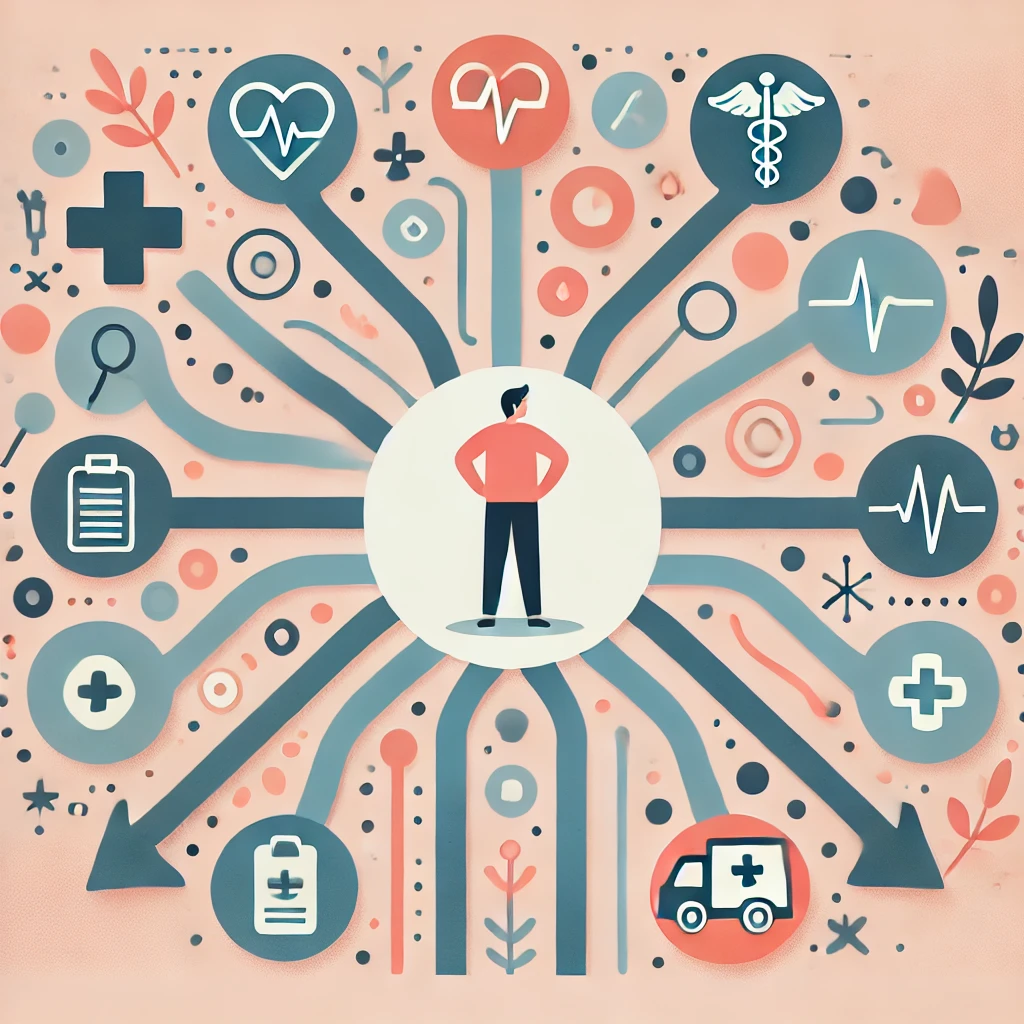
Sign In
Unlock the power of your DNA with Probably Genetic — Your journey to health starts here.
Check eligibility
Key takeaway: Refer when you see multi-system symptoms with no unifying diagnosis, early onset or family clustering, developmental or cognitive concerns, refractory or sero-negative presentations, or progressive neurologic features. Referral takes ~1 minute; eligible patients receive a no-cost, at-home saliva test and genetic counseling.
---
Why genetics is a primary-care decision... not just a specialist call
Primary care teams see the pattern first. Patients bounce between clinics with symptoms that don’t neatly fit a single organ system. A targeted genetic test can shorten the diagnostic odyssey, guide referrals, and inform management—without adding friction to clinic flow. Probably Genetic’s referral flow is designed for PCPs: start the referral, and we handle eligibility, at-home saliva kit, and counseling at no cost to eligible patients.
The Quick-Screen: Five primary-care triggers for a genetics referral
Use this checklist during HPI/ROS or when a case stalls:
Privacy matters: Patient data is protected with encryption, secure HTTPS, minimum-necessary access, and safeguards aligned with HIPAA; only aggregate, de-identified insights are shared for research partnerships—never identifiable patient information.
Clinic lift: ~1 minute to initiate; we handle the downstream steps.
Because your symptoms span several systems, a genetic test can help us look for an underlying cause. If you’re eligible, the test and counseling are free, and the kit comes to your home. I’ll start the referral—look for an email with next steps
Is it actually free?
Yes—patients who qualify for an active program receive genetic testing and counseling at no cost. Availability varies by program.
What about privacy and data use?
Data are encrypted; access is restricted; practices align with HIPAA safeguards. Only aggregate, de-identified insights may be shared with research partners, never identifying information.
Which conditions are covered?
Programs support a wide range of rare conditions (neurology, immunology, metabolic, etc.). See current program pages for specifics.
What’s the timeline?
Patients complete eligibility in minutes; kits ship to the home with prepaid return; counseling accompanies results for eligible patients.
Over 100,000 patients have created a profile with Probably Genetic to confirm their eligibility for our free genetic testing and counseling programs.